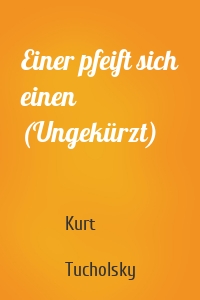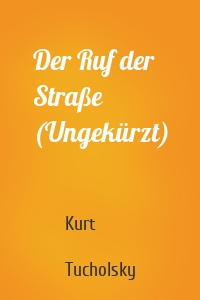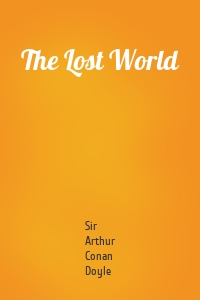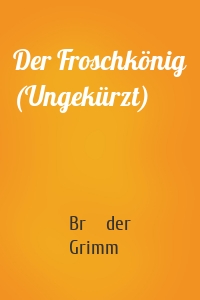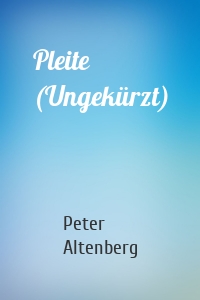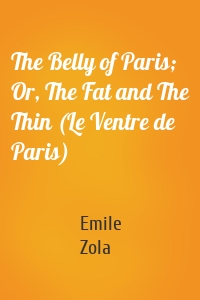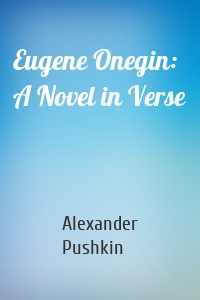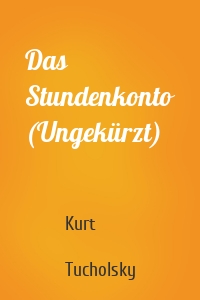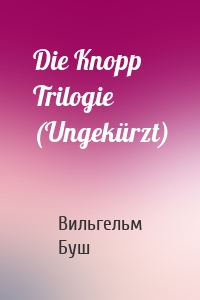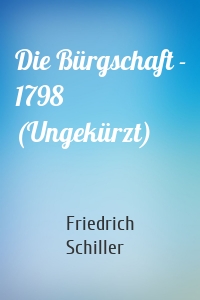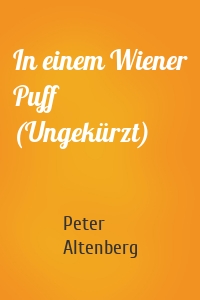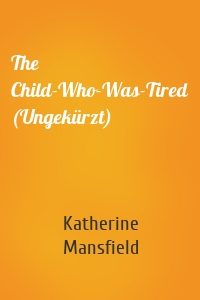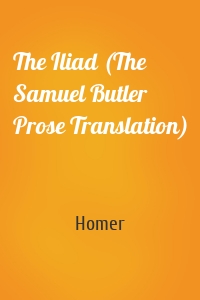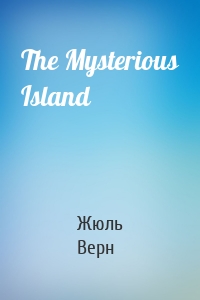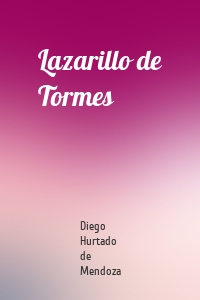Зарубежная классическая проза
6404 кн.
The Sea-Wolf
Hailed by critics as one of the greatest sea stories ever written, this rousing adventure offers a fascinating combination of gritty realism and sublime lyricism in its portrayal of an elemental conflict. Jack London began his career at sea, and his shipboard experiences imbue The Sea-Wolf with flavorful authenticity.In the story, the gentleman narrator, Humphrey Van Weyden, is pitted against an amoral sea captain, Wolf Larsen, in a clash of idealism with materialism. The novel begins when Van...
| Автор | Jack London |
Through the Looking-Glass
This 1872 sequel to Lewis Carroll's beloved Alice's Adventures in Wonderland finds the inquisitive heroine in a fantastic land where everything is reversed. Looking-glass land, a topsy-turvy world lurking just behind the mirror over Alice's mantel, is a fantastic realm of live chessmen, madcap kings and queens, strange mythological creatures, talking flowers and puddings, and rude insects.Brooks and hedges divide the lush greenery of looking-glass land into a chessboard, where...
| Автор | Lewis Carroll |
The Lost World
The restless, questing intellect of Sir Arthur Conan Doyle spurred him far beyond the ingenious puzzles he constructed for Sherlock Holmes. In The Lost World, Doyle, a devotee of the occult and fantastic tales of adventure and discovery, introduces his readers to Professor Challenger, an eccentric paleontologist, on his suspense-filled search for prehistoric creatures in the wilds of the Amazon. Professor Challenger's doughty troupe includes a skeptical colleague, Professor Summerlee; the...
| Автор | Sir Arthur Conan Doyle |
Celestina
"Celestina," or the «Tragicomedy of Calisto and Melibea and the old prostitute Celestina,» is a late 15th century work by Fernando de Rojas that is considered one of the greatest works of Spanish literature, one which marks the transition from the late medieval period and the beginning of the literary renaissance in Spain. The story is concerned with the love affair of Calisto and Melibea. Upon meeting Melibea, Calisto falls madly in love with her. However at first she rejects his advances....
| Автор | Fernando de Rojas |
The Voyage Out
The first novel of a major literary figure of the twentieth century, «The Voyage Out» is a witty social satire that witnesses the maturity of the young Englishwoman Rachel Vinrace. She begins a long voyage to South America from London, on her father's ship with her unusual family. In the eclectic array of passengers with which they launch, Woolf invokes satire to address modern criticisms of Edwardian life. This physical passage also becomes a journey of self-discovery for Rachel, taking on...
| Автор | Virginia Woolf |
The Belly of Paris; Or, The Fat and...
The third novel in Zola's twenty-volume series entitled «Les Rougon-Macquart,» this story revolves around and within the 21-acre market Les Halles Centrales of Paris. The starving scholar Florent has escaped his unwarranted exile on Devil's Island, and he is alternately entranced and disgusted by his refuge in 'the belly of Paris.' Zola describes the market and Florent's experiences in the midst of it with his characteristically captivating comprehension, foreshadowing...
| Автор | Emile Zola |
Eugene Onegin: A Novel in Verse
Widely acknowledged as the master work of the fountainhead of Russian literature, «Eugene Onegin» is a novel in verse, first published serially in 1825. This work, comprised of 389 verses, follows the destinies of three men and three women in imperialist Russia. Eugene is a dandy bored with the social whirl of St. Petersburg, and in moving to the country for a change of scene, he becomes the friend of the poet Lensky, changing their fates dramatically. «Eugene Onegin» is narrated by Pushkin...
| Автор | Alexander Pushkin |
The Iliad (The Samuel Butler Prose...
"The Iliad" is a classical epic poem about the events during the last year of the Trojan War and the fall of Troy. The tale revolves around the Greek warrior Achilles, and his anger toward the king of Mycenae, Agamemnon. While the poem shows evidence of a long oral tradition and thus most likely multiple authors, the ancient Greek poet Homer is generally attributed as its author. «The Iliad», which is thought to be the oldest extant work of literature in the ancient Greek language, is...
| Автор | Homer |
The Mysterious Island
This captivating tale of adventure, «The Mysterious Island» tells the tale of five Americans who during the American Civil War escape the siege of Richmond, Virginia in a hot air balloon, only to find themselves later stranded on an uncharted island in the South Pacific when their balloon crashes there. Through the use of their ingenuity the five manage to survive on this island wilderness. Many secrets and adventures await the group as they endeavor to discovery the mystery of this «mysterious...
| Автор | Жюль Верн |
Lazarillo de Tormes
An important work of Spain's Golden Age of literature as well as the first known picaresque novel, «The Life of Lazarillo de Tormes and of His Fortunes and Adversities» portrays the clever ploys of a young Salamancan boy determined to outsmart his long string of masters. This Spanish novella was first published in 1554, during the Spanish Inquisition, by an author who wished to remain anonymous due to the work's heretical content. Scholars now attribute the authorship to Diego Hurtado...
| Автор | Diego Hurtado de Mendoza |




